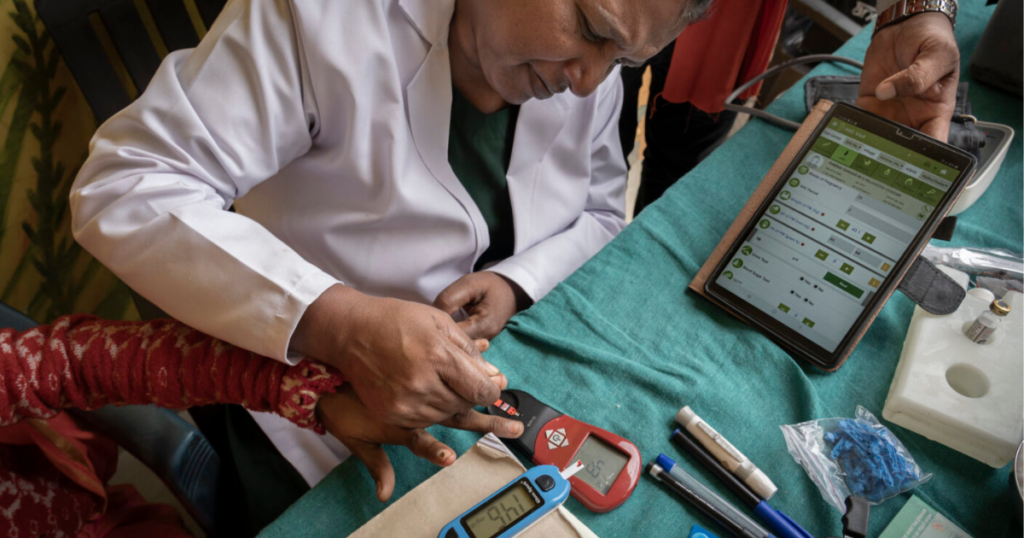Overview of carbon markets
Carbon Markets have the potential to facilitate swifter progress towards meeting worldwide targets for the reduction of greenhouse gas (GHG) emissions. While innovators and investors are already engaged in solutions to decrease carbon dioxide emissions in the atmosphere, the promotion of a dedicated ecosystem for carbon markets would enable efficient discovery, scale, financing and collaborations across these projects. This would be enabled through the generation of carbon credits for every emission-reducing activity that is employed across any sector. The carbon credits can be sold further with entities aiming to buy them. This would generate revenue for the seller and the buyer would pay a cost for emissions they cannot avoid.
Integrating learnings from a global and Indian lens
Carbon offset projects are proliferating globally as well as in India. Energy and industrial projects have been utilising this option actively, with more than half of the carbon offset projects focused on renewable energy and forestry. Countries including India have been witnessing growth of independent, voluntary projects. Additionally, many countries have set up compliance markets at a national level, most recently countries like China. In India, more than three thousand Clean Development Projects have been approved by the Indian government as of 2020. However, most of the efforts in India currently are scattered, making it hard to track and realise full effective value. There is also the lack of a homogenous market for carbon credits in India at the national level, which leads to inefficient discovery of buyers and sellers. The pricing is not uniform and abysmally low as compared to other countries around the world.
Carbon Market as an enabler to promote sustainable agriculture
The Indian Agriculture sector is at a stage where climate-resilient innovations are emerging at a rapid scale. To effectively build scale and incentivise low carbon projects at the farm level, carbon markets as a revenue-generating solution hold promise. Trading of carbon at the farm level will open up additional income streams for farmers, and also reward for them their innovations. This would also significantly add to the push towards meeting climate targets for the future.
Way forward
Learnings from other countries like China, Japan, and EU countries who have adopted and are ideating the adoption of a national carbon market, could help inform the building of an effective strategy in India as well. A better understanding of this concept can help sectors such as agriculture realise their potential in leveraging progress towards innovations and climate-resilient solutions. Carbon reduction projects in Indian agriculture face some challenges in scaling up due to long gestation periods. Standardised carbon trading platforms at the farm level could enable useful synergies between stakeholders such as carbon project developers, trading platforms, government agencies, FPOs and philanthropic institutions. In order for them to execute carbon market strategies effectively, philanthropy could contribute to them, thus:
- Driving narratives and capital to set up strong regulatory and standardising mechanisms to facilitate scale-up of voluntary markets and paving way for a national price on carbon to strengthen the carbon market ecosystem.
- Strengthening and codifying understanding in the farm ecosystem through knowledge dissemination and stakeholder engagements, using learnings from other sectors like energy.
- Aiding financial interventions to eliminate risks for end-level beneficiaries and fuel low carbon innovations in agriculture
– Leveraging the value of FPOs and cooperatives.
Authors: Ayushi Baloni, Ashutosh Choudhary
Technical review: Debaranjan Pujahari
Edited by: Anantha Narayan, Anagha Wankhede




